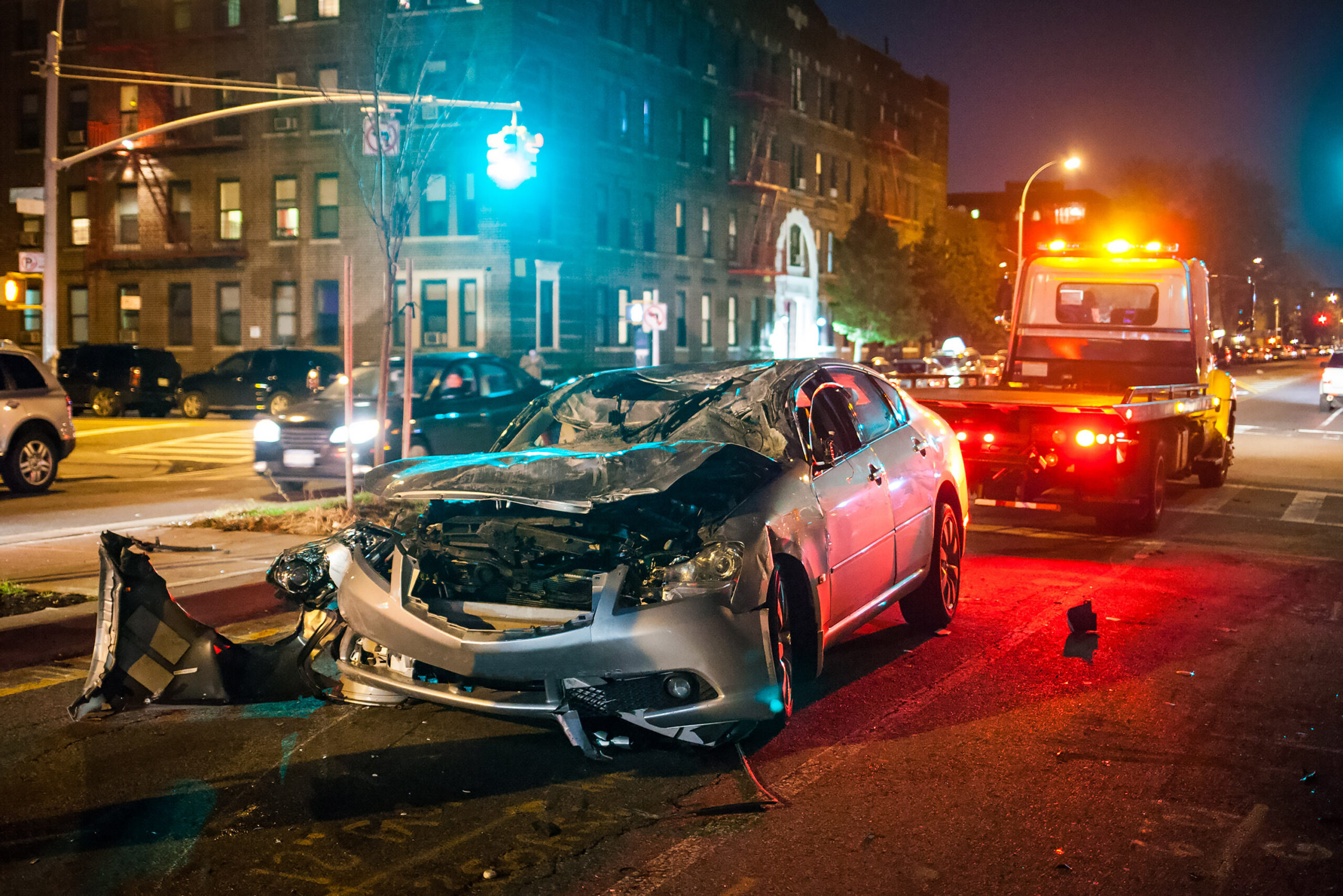Opposing Motions to Bifurcate Under Chapter 72: A Practical Guide for Texas Plaintiff’s Counsel
With the enactment of Chapter 72 of the Texas Civil Practice & Remedies Code, defense counsel in commercial vehicle collision cases increasingly move to bifurcate trial proceedings under the statute. But not all such motions are properly grounded in fact or law. In many cases, particularly those not involving commercial motor vehicles (CMVs), such motions may be improper or strategically vague. This article outlines practical objections and legal arguments plaintiff’s counsel can raise to combat these motions effectively.
1. Know the Statute: Chapter 72 Only Applies to CMVs
Tex. Civ. Prac. & Rem. Code § 72.051 defines a commercial motor vehicle narrowly. The statute is limited to trucking industry vehicles involved in interstate or intrastate commerce—such as 18-wheelers—not delivery sedans or standard passenger vehicles.
Tip: Always verify whether the vehicle involved qualifies as a CMV under the statute. If it doesn’t, bifurcation under Chapter 72 should not apply.
Key Authority: In Seguin v. Bexar Appraisal Dist., 373 S.W.3d 699 (Tex. App.—San Antonio 2012), courts are instructed to consider legislative intent when interpreting unclear statutes.
2. Demand Clarity: Vague Motions Are Legally Deficient
Motions that simply request “bifurcation” without clearly identifying what is being bifurcated—e.g., liability vs. damages, employer vs. employee fault, compensatory vs. exemplary damages—fail the specificity requirement.
A proposed order that grants such a motion without further detail is fatally ambiguous and legally unenforceable.
Practice Pointer: Object to any proposed order that lacks specific bifurcation parameters. Courts should not be left to “fill in the blanks” on behalf of careless movants.
3. Chapter 72 Does Not Require Broad Bifurcation
Defense attorneys often overreach, seeking bifurcation of all employer liability claims. But Chapter 72 does not require exclusion of employer negligence evidence in the first phase—particularly if relevant to compensatory damages.
What Chapter 72 Actually Provides:
– Phase One: Determination of compensatory damages and liability.
– Phase Two: Determination of exemplary damages, if any.
Statutory Note: Per §72.053, evidence of employer negligence (like regulatory violations) can still be admitted in Phase One if it goes to proximate cause and compensatory damages.
4. Highlight Legislative Intent and Misapplication
If defense counsel invokes Chapter 72 for non-trucking cases, point to the legislative history behind H.B. 19, which clearly shows the law was designed to protect the commercial trucking industry from nuclear verdicts—not to insulate standard delivery drivers or retail companies.
Sample Argument:
“The legislative history and structure of Chapter 72 confirm its limited applicability to the trucking industry. Applying it to this case involving a non-CMV vehicle undermines both the letter and spirit of the law.”
5. Oppose Bifurcation Under General Principles If Chapter 72 Doesn’t Apply
Even if Chapter 72 is inapplicable, defense may seek bifurcation under Rule 174(b) or general court discretion. In these situations, remind the court:
– There must be a clear showing that bifurcation would avoid prejudice, promote justice, or further convenience.
– Defendants must articulate specific evidence, claims, or trial logistics justifying separation—not generalities.
Best Practice: Emphasize how bifurcation may increase confusion, delay, or risk of reversible error, especially without precise structuring.
Conclusion and Relief Sought
Always close with a clear request: denial of the bifurcation motion, and a call for the case to proceed to trial on its full merits. Support with language emphasizing judicial economy, fairness, and the absence of statutory or factual grounds for bifurcation.
Template: Language You Can Use
“For the reasons stated, Plaintiff respectfully requests that the Court deny Defendants’ Motion to Bifurcate. Chapter 72 is inapplicable to the present facts, and the vague and overbroad relief sought by Defendants would introduce ambiguity and prejudice into trial proceedings. Plaintiff further prays for such other and further relief to which they may be justly entitled.”
Final Thoughts
Motions to bifurcate under Chapter 72 can be strategic efforts to shield a corporate defendant’s conduct from jury scrutiny. But the statute’s scope is narrow—and courts are not bound to do defense counsel’s work for them. By carefully examining the vehicle involved, scrutinizing vague motions, and reinforcing legislative purpose, Plaintiff’s counsel can successfully defeat unfounded bifurcation efforts.
